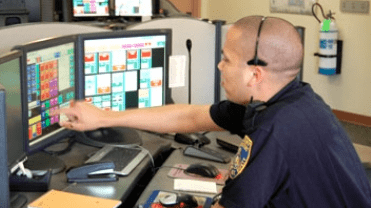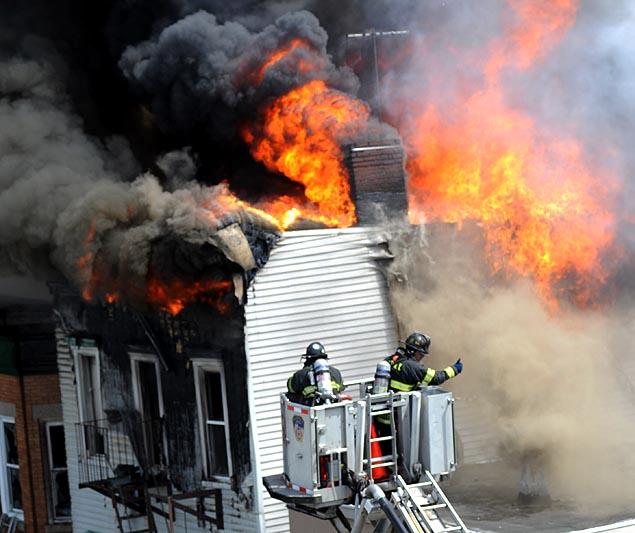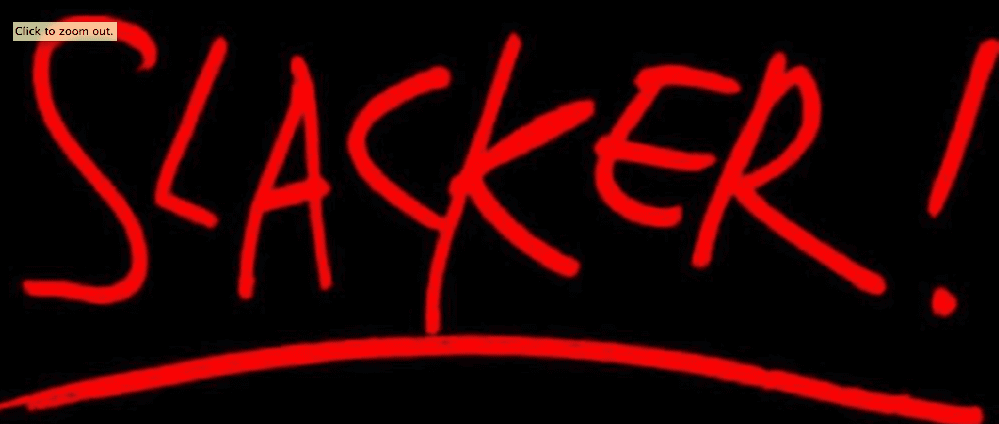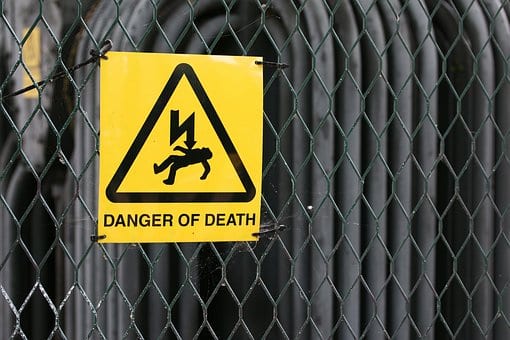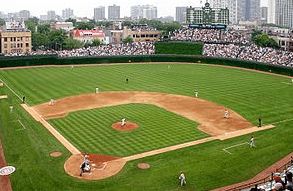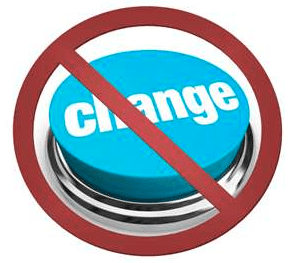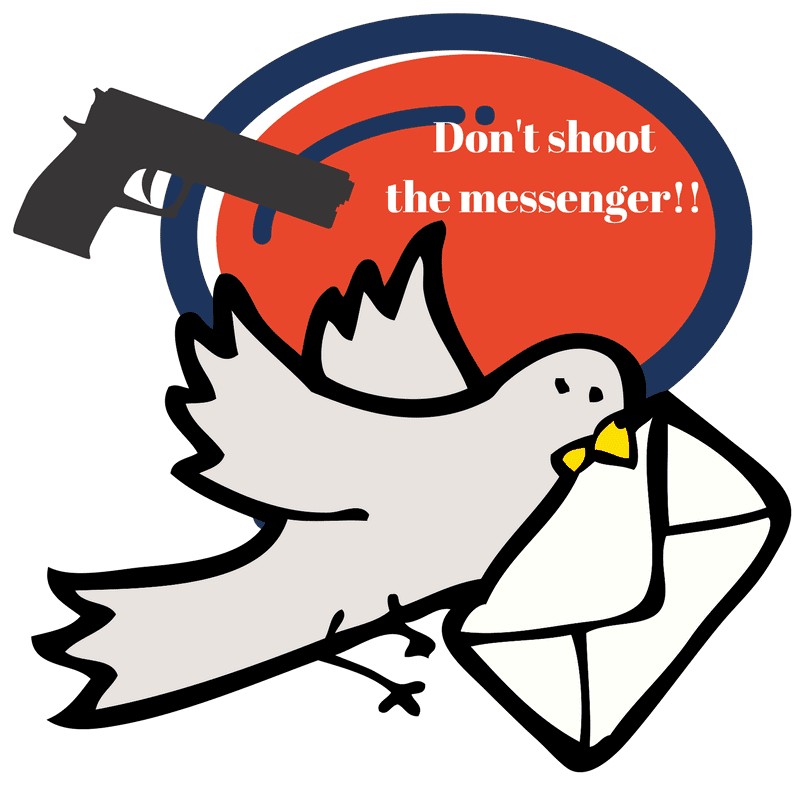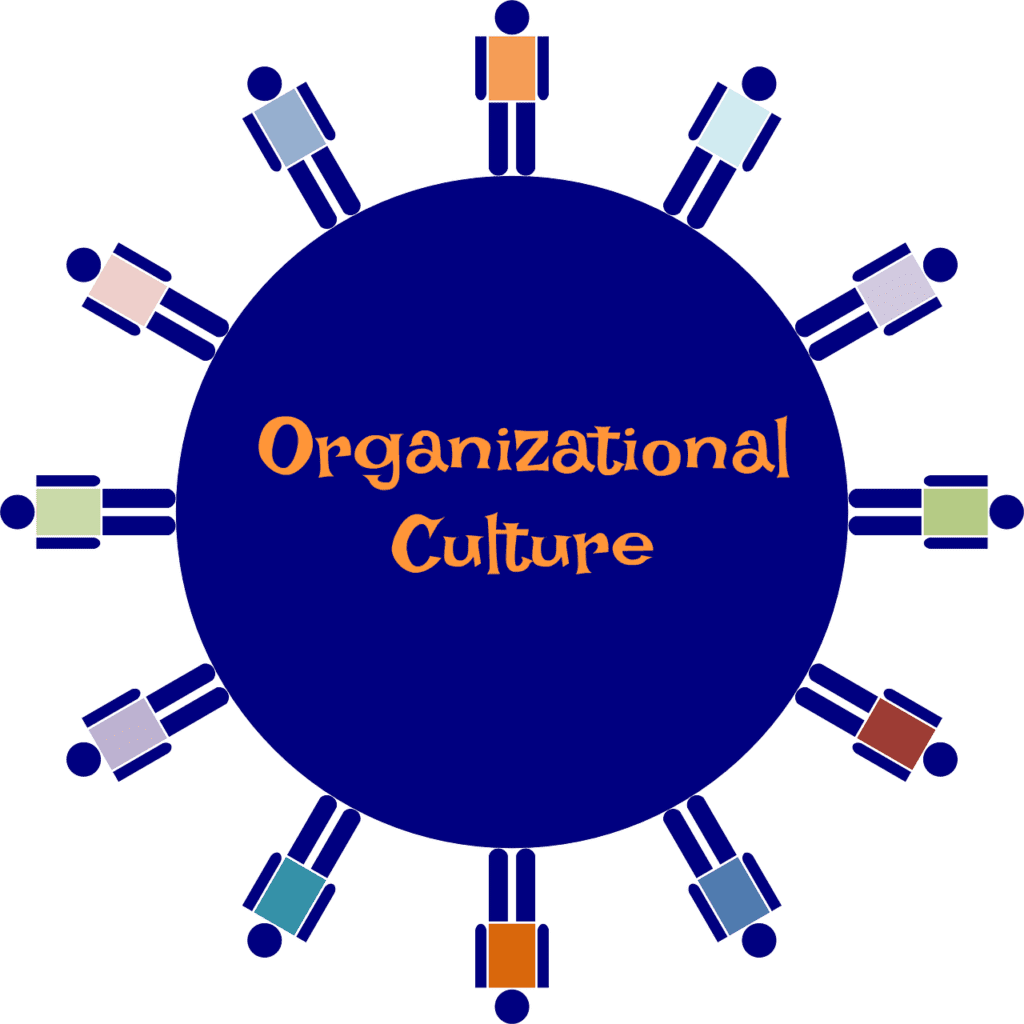The Communications Specialist Role in Forming Situational Awareness
Some of the least appreciated members of the emergency response team are the communications specialists (in some venues, termed dispatchers). How do I know this? First, I served as a communications specialist (my job title was “dispatcher”) early in my career and I was routinely subjected to criticism and ridicule from responders because the information […]
The Communications Specialist Role in Forming Situational Awareness Read More »

